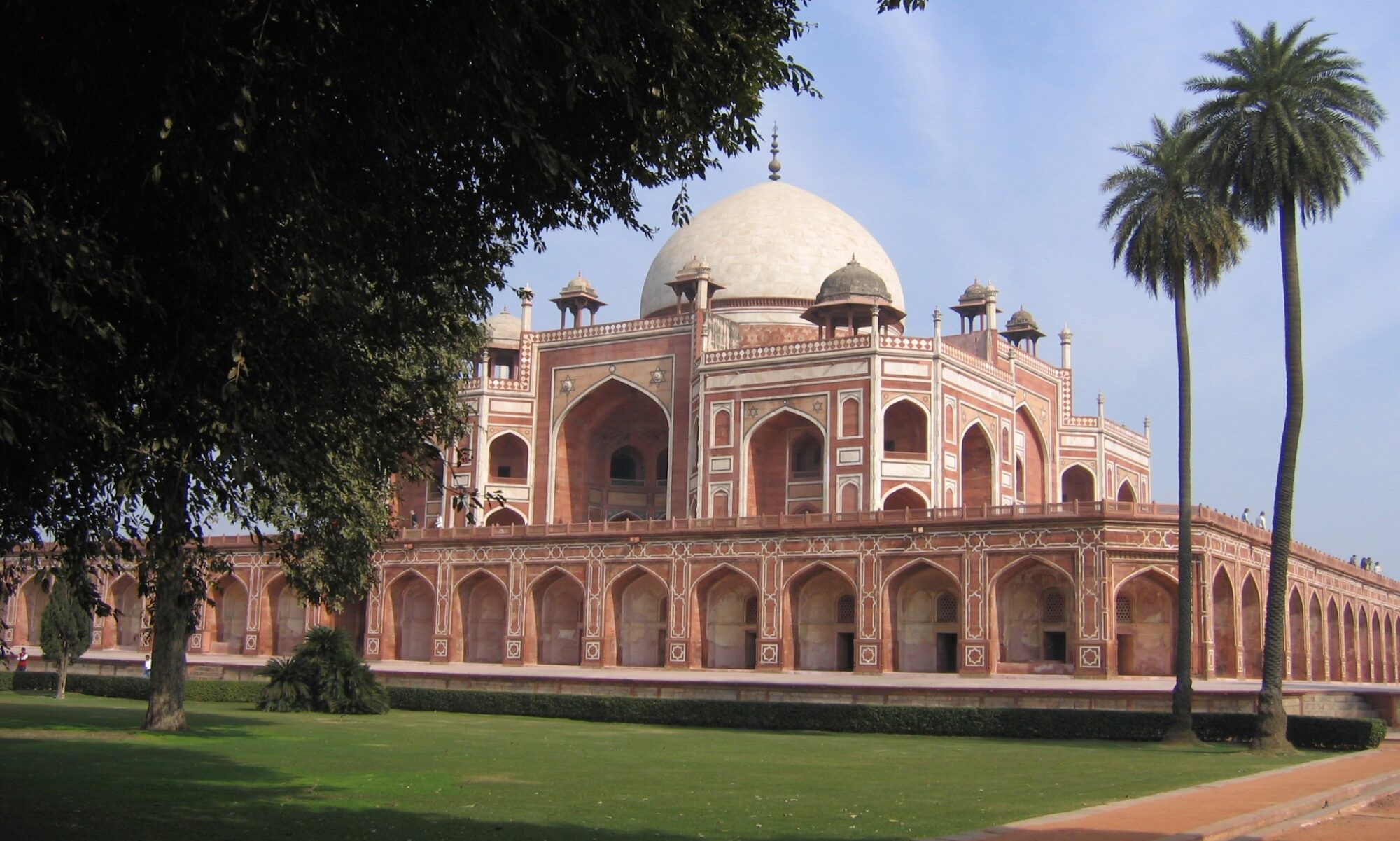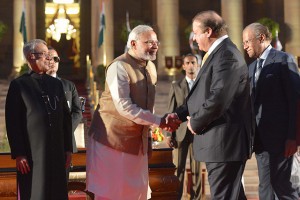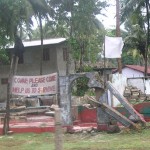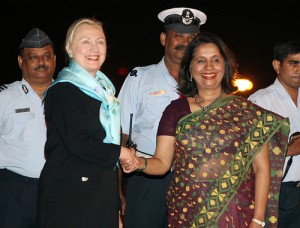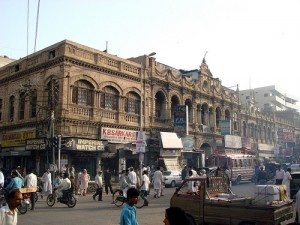
The suggested draft bill released in July by the Justice B.N. Srikrishna committee is the most recent contribution to a sprawling debate over electronic data that has been going on in India and elsewhere for some years. The report and the bill concern the privacy of personal data, but they are part of a policy discussion that goes much farther, encompassing essentially all data that are stored electronically. This is a classic example of the old adage: be careful what you wish for – you might be sorry if it comes true.
See op-ed by Teresita Schaffer, published in The Print (India) October 10, 2018.
